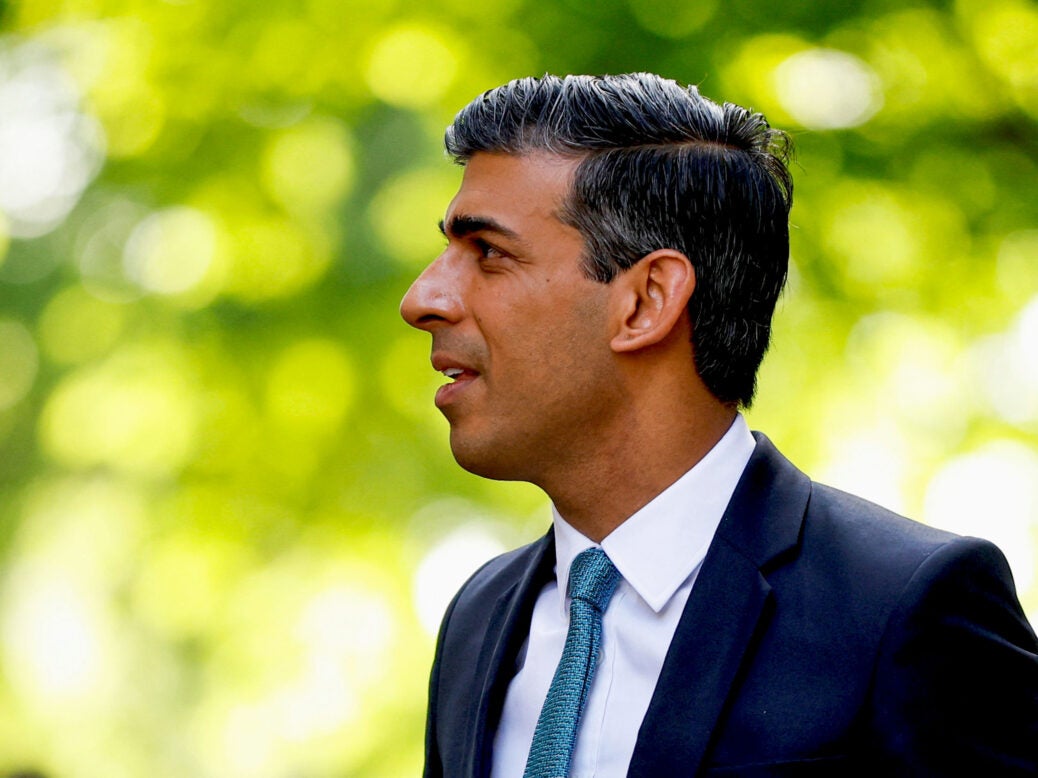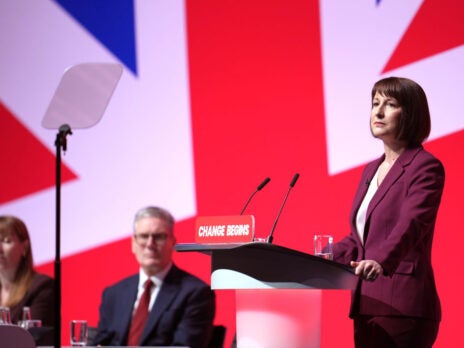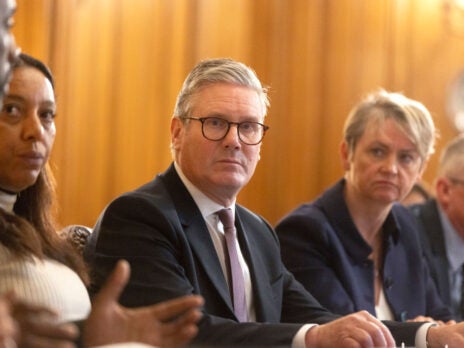
It is difficult to exaggerate how dramatically the electoral landscape has changed in the few short weeks since Kwasi Kwarteng unveiled his now-infamous “mini-Budget” on 23 September. While at that point the Conservatives were running nine percentage points behind Labour in the polls, a deficit that first emerged in the wake of “partygate”, the deficit was of a scale that many a previous government had been able to reverse before polling day. Even if that did not happen, it seemed that the best for which Labour could reasonably hope in the next election was to be the largest party in a hung parliament.
By the time that Liz Truss had been obliged to leave 10 Downing Street, Labour was as much as 31 points ahead, a position at least as bad for the Tories as in the darkest days of John Major’s divided administration, which eventually ended in the New Labour landslide of 1997.
In replacing Truss with Rishi Sunak the Conservatives are trying to give themselves a fresh start. That trick worked in 2019 when Theresa May had to make way for Boris Johnson. The new leader inherited a party that was averaging just 25 per cent in the polls, little better than the 22 per cent that Sunak has inherited. Yet at the end of the year the Conservatives secured 43.6 per cent of the vote and an 80-seat parliamentary majority.
Given that Sunak is much less unpopular with voters than Truss (Ipsos, for example, gives him a net favourability rating of -4, while by the end of her premiership Truss stood at -66), it would seem the Conservatives might reasonably hope that their new leader can dig them out of the deep electoral hole in which they now find themselves. Indeed, there is some encouragement for the party in the first flurry of polls to be conducted since Sunak claimed the Tory crown without a fight. Five of these polls can be compared with a reading from the same company last week. On average they show a four-point increase in Conservative support, while Labour is down two.
However, two of those five polls were from companies, YouGov and People Polling, that the previous week had recorded especially low Tory shares of less than 20 per cent, and the random variation to which all polls are subject would lead us to anticipate that they might have moved a little closer to the polling average anyway.
If we simply take the average of all six polls conducted this week, they put the Conservatives on just 24 per cent, 27 points behind Labour and just two points up on Truss’s last days. This improvement compares unfavourably with the six-point increase in Conservative support that emerged within days of Johnson becoming prime minister. It is also well short of the suggestion over the weekend that support for the Conservatives might rise by up to ten points if Sunak became leader – a stark reminder of the fragility of responses to hypothetical poll questions that ask people what they might do in the event that a party changes leader or its policy.
It is early days but it would seem that, despite his relative popularity, the arrival of Sunak in No 10 is only going to have a modest initial impact on the Conservatives’ standing in the polls. Indeed, this appears to be the case even though when voters are asked who would make the better prime minister, Sunak and Keir Starmer are more or less neck and neck. The four polls this week that have asked that question have on average put Starmer on 35 per cent and Sunak on 33 per cent.
Perhaps we should not be surprised at this narrow gap. It has long been evident that Sunak is respected if not necessarily liked outside the ranks of the Conservative faithful. He was clearly the preferred candidate of opposition voters during the summer leadership contest between Sunak and Truss. And in recent polling by YouGov even 42 per cent of those who voted Labour in 2019 said the new Prime Minister was “competent” while just 33 per cent considered him “incompetent”. Meanwhile, we should bear in mind that Starmer’s favourability rating (+2 according to Ipsos) is not much better than that of Sunak.
The problem for Sunak is that his personal popularity alone is not sufficient to reverse the damage that has been done in recent weeks to the image and reputation of his party. According to YouGov, for example, the net favourability of the Conservatives among voters, at -47, is now little different from what it was under Truss, and is still well down on the -38 at which it stood at the time of this year’s local elections. Meanwhile, BMG has reported that while 41 per cent trust Sunak most on the crucial issue of the economy and only 30 per cent Starmer, 36 per cent prefer Labour and just 23 per cent the Conservatives.
British elections often resemble presidential contests, and leaders are certainly crucial to a party’s ability to communicate its message, but if Sunak is to make significant progress in closing Labour’s poll lead he is going to have to use his leadership to persuade voters to trust his party – and not just himself.
[See also: Does Scotland want independence? The latest polls]


